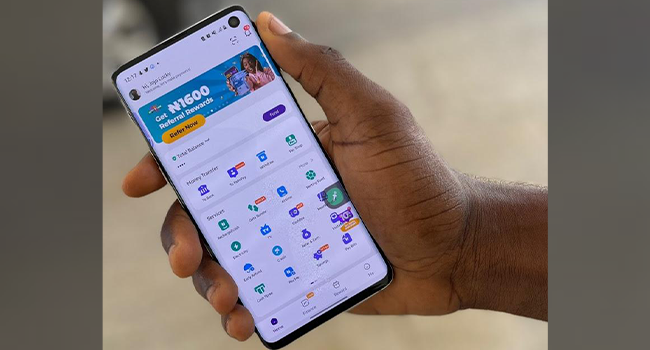- PalmPay will block customers who have previously validated their bank verification number (BVN) or national identity number (NIN) but have not revalidated it by January 31, 2024.
- The fintech will also freeze user accounts if they do not verify their BVN or NIN by March 31, 2024.
- This development is consistent with the Central Bank of Nigeria”s (CBN) directive that accounts not linked to a BVN or NIN by April 2024 will be frozen amid reported incidents of fraud and impersonation.
This news comes after PalmPay enforced NIN and BVN requirements for wallet opening.
The Managing Director of PalmPay Nigeria, Chika Nwosu, urged customers to update their KYC information for seamless service and reaffirmed the company’s commitment to facilitating a secure financial ecosystem.
The statement reiterated that enhanced support operations are in place to help users through the process.
Similarly, to bolster its security and prevent fraud and impersonation, OPay declared on January 24, 2024, that it would begin blocking customer accounts that do not meet KYC requirements as early as March 2024.
The fintech shared that it would be removing fraudulent accounts from its platform.
The Central Bank of Nigeria (CBN) announced in December 2023 that bank accounts without a BVN or NIN would be frozen by April 2024 to “improve financial system stability and strengthen Know Your Customer procedures in all financial institutions.”
Besides, the Nigerian Inter-Bank Settlement System (NIBSS) and the Apex Bank have partnered to fight fraud, as fraudsters are taking advantage of the weaknesses in Tier 1 bank accounts.
While Tier 1 bank accounts have a daily transaction limit of ₦50,000 and a maximum balance of ₦300,000, they have a record of not being linked to the BVN and, as a result, become prone to fraudulent acts. The CBN highlighted that these accounts are vulnerable to fraud because they are mostly used by customers who know little about cybersecurity.





